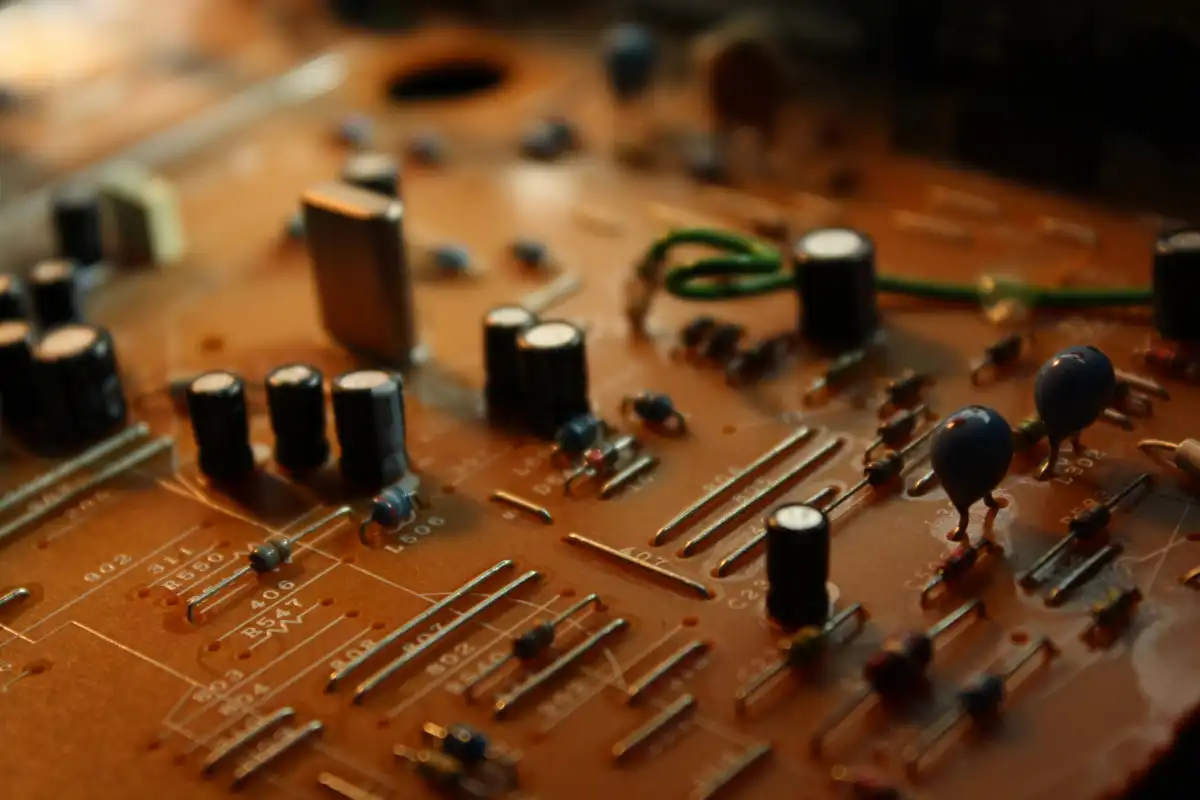It's undeniable that as technology continues to advance, we see these advancements making their way into our homes, thereby making our lives more comfortable and efficient. Smart homes are slowly becoming the norm. They are a combination of several technologies working together to make our homes smarter, more convenient, and safer.
With numerous benefits, such as controlling various home functions remotely, automated routines, energy efficiency, and increased home security, the popularity of smart homes is on the rise. But these are not just limited to convenience or luxury, they add a layer of accessibility that modern homes were previously lacking.
Smart home technology has grown beyond hobbyists and tech enthusiasts. Today, major tech companies, including Google, Amazon, and Apple, are heavily investing in this market. Their range of products and services offer home automation that ranges from controlling lights and temperature to security systems and kitchen gadgets.

The integration of smart home technology can be as simple or as complex as one wants. For instance, one could have a smart home setup that includes a relatively straightforward device like a smart plug, or a network of high-tech gadgets communicating with one another via a central hub.
Evolution of Smart Homes and Internet of Things (IoT)The evolution and development of smart home technology are closely tied to the Internet of Things, or IoT. This concept refers to a network of physical devices that can communicate and exchange data over the internet. The IoT transformed the way we interact with everyday objects – from ordinary household items to complex industrial machinery.
Smart home devices constitute a significant proportion of IoT devices. They come in various forms: there are smart televisions that connect to your home network and offer features like streaming, internet browsing, or even social media. Various smart security devices, including cameras, locks, and alarms, provide enhanced home security.
We can also find smart lighting solutions that save energy by optimizing light usage based on the time of day or occupancy, smart thermostats that learn your routine and adjust temperature accordingly, and smart appliances like refrigerators and ovens that can be controlled remotely and even warn you when supplies are running low.
The development of IoT has made integration more straightforward. With platforms like Google Home, Apple HomeKit, and Amazon Alexa, you can control and monitor your smart devices from anywhere in the world.
While the idea of smart home technology is attractive, its integration might seem challenging to some. The biggest hurdle usually is figuring out where to start–which devices to buy, how they work together, and how to control them.
Purchasing smart devices is not as complicated as it seems. Start with devices that offer features you find most appealing or useful. For example, if you often forget to turn off the lights when you leave home, smart lighting would be beneficial. Or, if home security is a high priority, you could invest in smart locks and cameras.
Once you’ve decided on the devices, look for products that are compatible. Most smart home devices are designed to work with one or more platforms or hubs. So, for example, if you have an Amazon Echo device, you would preferably want devices compatible with Amazon Alexa.
The final step is setting up these devices and integrating them into your smart home network. Some devices might require professional installation, while others can be simply plugged in and connected to your network.
Benefits and Impact of Smart Home TechnologyThe benefits of a smart home are far-reaching. For starters, a smart home offers convenience – you can control various functions from turning on the lights to pre-heating your oven, all by sitting from the comforts of your couch.
Secondly, the automation of routine tasks, like brewing morning coffee or dimming the lights at night, can significantly simplify life. Additionally, smart homes can contribute to energy savings since they ensure efficient use of resources like electricity and water.
Smart homes aren’t just for an individual's convenience or energy savings; they can also provide assistance to those with special needs. For instance, voice-activated controls can help those with mobility issues, while smart alarms and sensors can aid those with hearing impairments.
Finally, smart home technology plays an active role in improving home security. With smart doorbells integrated with cameras, you can know who is at your door without even being home. And with smart locks, you can remotely control access to your house, ensuring your home is safe and secure.
Future Prospects of Smart Home TechnologyThe world of smart home technology holds enormous future potential. Experts predict that with advancements in AI, Machine Learning, and Drone Technology, we might see innovative applications of these technologies in our homes.
Furthermore, as more appliances become IoT-enabled, more possibilities open up. Imagine a fridge that can not only detect when you're low on milk but also order it for you. Or a trash can that can identify when it's full and schedule a pickup.
While the future of smart home technology seems promising, it’s not without challenges. Issues like data security, compatibility, and the cost of devices need to be addressed. However, with continuous advancements, it is likely that smart homes will soon become an unremarkable part of our daily lives.
Overall, the latest advancements in smart home technology have enlarged the horizon of possibilities by providing a mix of convenience, safety, and efficiency. With continuous progress in the field, we enter a new era of a lifestyle that barely requires us to lift a finger.